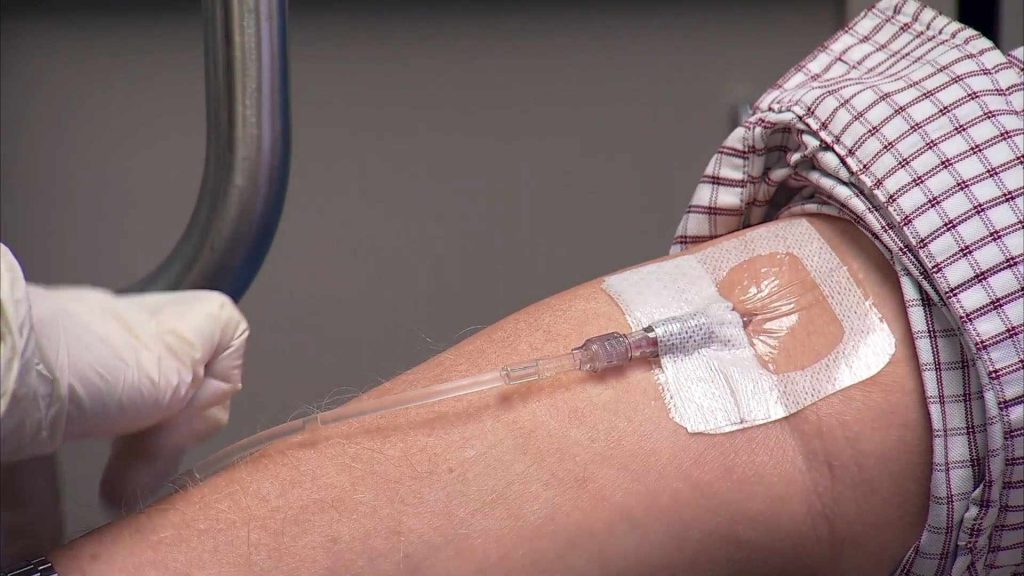 Alzheimer’s disease affects nearly 5½ million Americans. That number is expected to triple by 2050 if effective treatments cannot be found. Alzheimer’s has no cure and the five medications the U.S. Food and Drug Administration has approved for treating it only treat symptoms temporarily.
Alzheimer’s disease affects nearly 5½ million Americans. That number is expected to triple by 2050 if effective treatments cannot be found. Alzheimer’s has no cure and the five medications the U.S. Food and Drug Administration has approved for treating it only treat symptoms temporarily.
In an effort to find a breakthrough, researchers are turning to new types of drugs. “I think the approach using immunotherapy is very popular right now,” says Dr. Ronald Petersen, who is the director of the Alzheimer's Disease Research Center at Mayo Clinic. "So, by this, we mean that we are giving antibodies to individuals” to counteract degenerative changes in the brain.
The antibodies target unwanted excess proteins — ideally before they can kill nerve cells in the brain, explains Dr. David Knopman, a Mayo Clinic researcher and behavioral neurologist. Among the nearly two dozen clinical trials underway at Mayo Clinic to fight Alzheimer’s is one called the A4 Study. Dr. Knopman says, “The A4 trial was conceived as a way to try to prevent the cognitive impairment of Alzheimer’s disease from occurring in the first place.” With more information, here’s Dennis Douda for the Mayo Clinic News Network.
Watch: Testing a new treatment for Alzheimer’s disease.
Journalists: A broadcast-quality video pkg (2:40) is in the downloads. Read the script.







